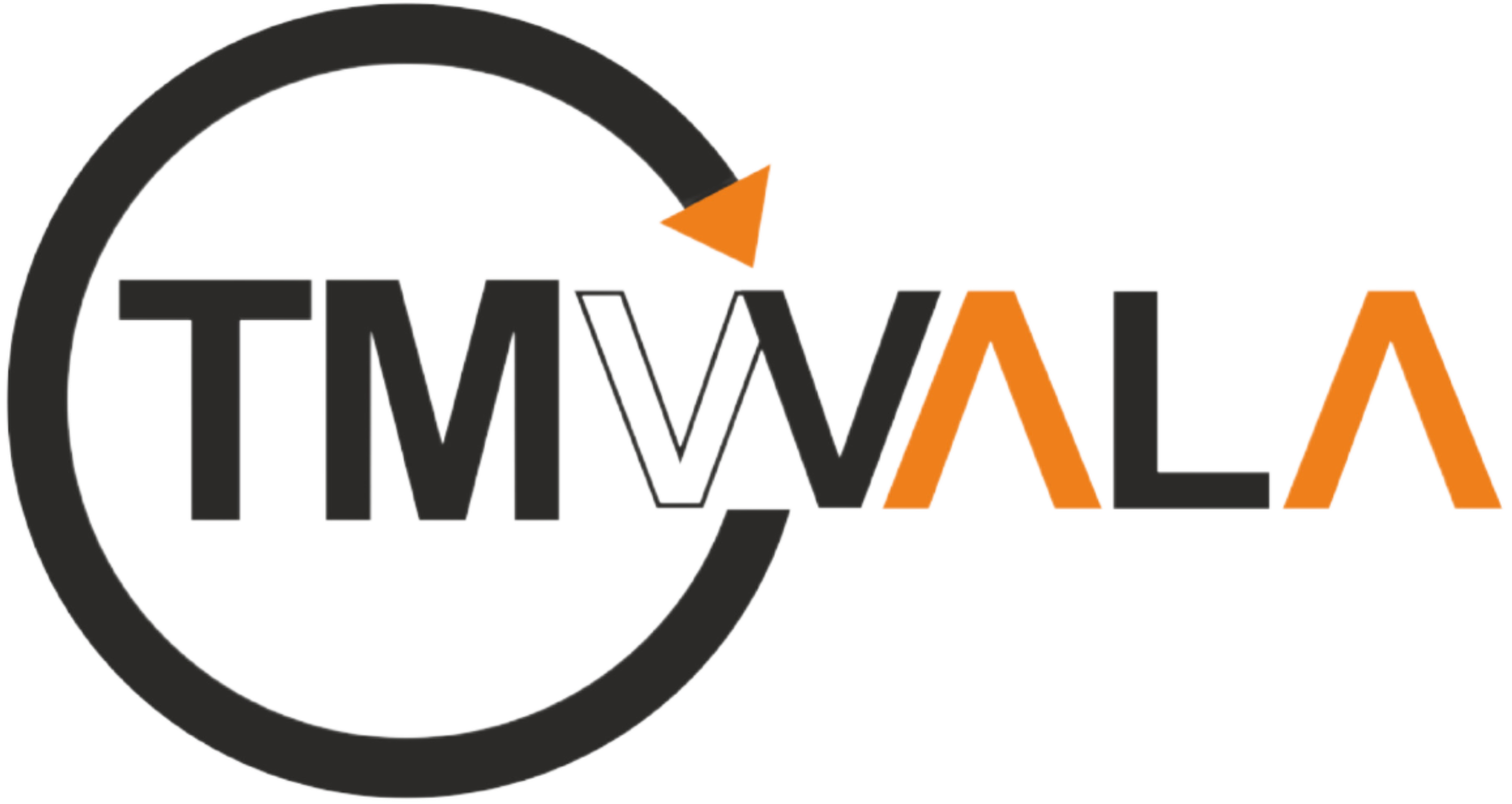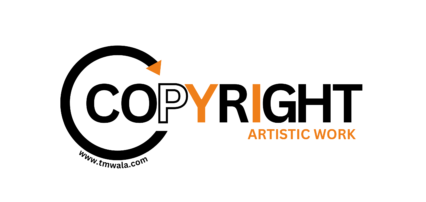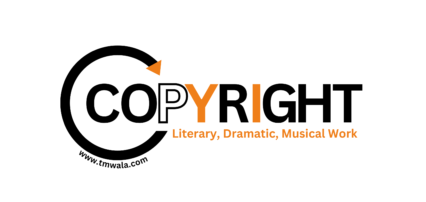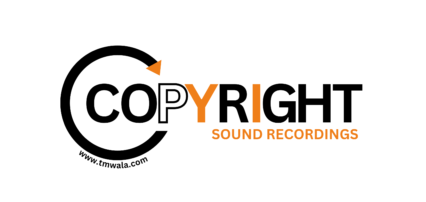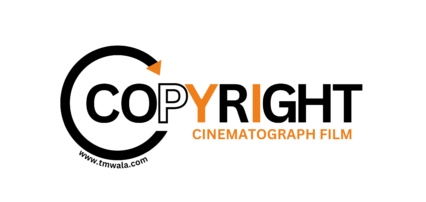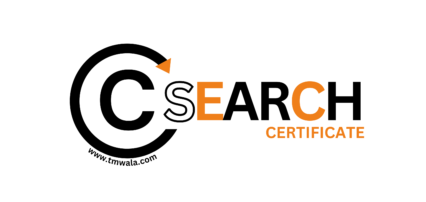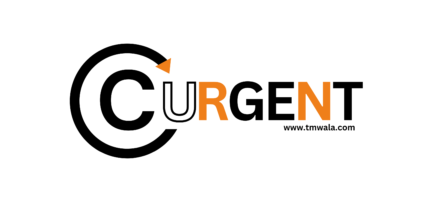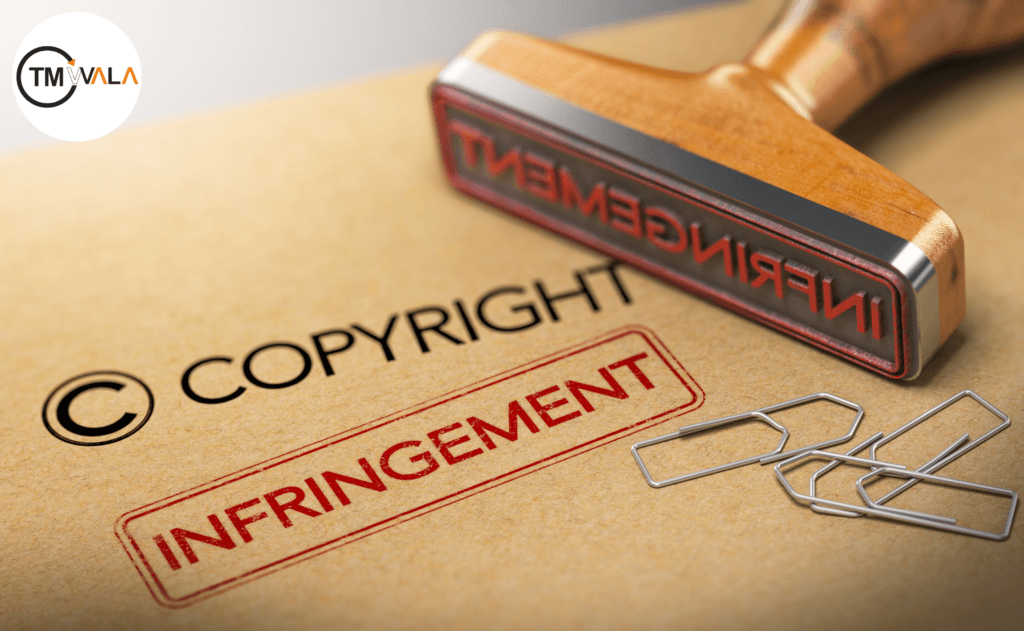Copyright infringement is a critical issue in the digital age, where creative works can be easily accessed, copied, and distributed. For creators, businesses, and legal professionals, understanding what constitutes copyright infringement, how to prevent it, and the legal remedies available is essential. This blog will explore the concept of copyright infringement, the legal framework governing it, and practical steps to protect your creative works.
What is Copyright Infringement?
Copyright infringement occurs when someone uses a copyrighted work without the permission of the copyright owner and in a manner that violates the owner’s exclusive rights. These exclusive rights, granted by copyright law, typically include the right to reproduce the work, distribute copies, perform the work publicly, display the work publicly, and create derivative works based on the original.
Examples of Copyright Infringement:
- Unauthorized Reproduction: Copying and distributing music, books, or software without the copyright owner’s permission.
- Public Performance without Permission: Playing copyrighted music in a public venue without obtaining the necessary licenses.
- Derivative Works: Creating a movie or a piece of art based on a copyrighted novel without obtaining the rights from the original author.
- Online Piracy: Uploading or downloading movies, music, or software from the internet without authorization.
Legal Framework Governing Copyright Infringement
The legal framework for copyright infringement varies by jurisdiction, but there are some common principles that apply in most countries.
a. International Treaties
Several international treaties provide a framework for copyright protection and enforcement across borders:
- Berne Convention for the Protection of Literary and Artistic Works: This treaty requires member countries to recognize the copyright of works created by nationals of other member countries, ensuring that authors have certain rights to their works internationally.
- World Intellectual Property Organization (WIPO) Copyright Treaty: This treaty supplements the Berne Convention and provides additional protections for copyright holders, especially in the digital environment.
b. National Laws
Each country has its own copyright laws that define what constitutes infringement and the remedies available to copyright holders.
- United States: The Copyright Act of 1976 is the primary legislation governing copyright in the U.S. It provides copyright holders with exclusive rights and outlines the penalties for infringement.
- India: The Copyright Act, 1957, governs copyright law in India, providing comprehensive protection to creators and specifying the remedies for infringement.
- United Kingdom: The Copyright, Designs and Patents Act 1988 is the key legislation in the UK, offering protection to various forms of creative works and detailing the consequences of infringement.
c. Fair Use and Fair Dealing
In many jurisdictions, there are exceptions to copyright infringement under the doctrines of “fair use” (in the U.S.) or “fair dealing” (in the UK, Canada, and India). These doctrines allow limited use of copyrighted material without permission under certain conditions, such as for criticism, commentary, news reporting, education, or research.
Fair Use Factors (U.S.):
- Purpose and Character of the Use: Non-commercial, educational, or transformative uses are more likely to be considered fair use.
- Nature of the Copyrighted Work: Using factual works is more likely to be fair use than using highly creative works.
- Amount and Substantiality: Using a small portion of the work is more likely to be considered fair use, though even a small portion can infringe if it’s the “heart” of the work.
- Effect on the Market: If the use negatively affects the market for the original work, it’s less likely to be considered fair use.
Fair Dealing Factors (UK, Canada, India):
- Purpose of Use: Includes research, private study, criticism, review, or news reporting.
- Nature of the Work: Similar to fair use, factual works may be more likely to qualify for fair dealing.
- Amount of Work Used: The amount and importance of the work used are considered, but unlike fair use, fair dealing is often more restrictive.
Consequences of Copyright Infringement
The consequences of copyright infringement can be severe, ranging from civil penalties to criminal charges, depending on the jurisdiction and the nature of the infringement.
a. Civil Remedies
- Injunctions: A court may issue an injunction to stop the infringing activity. This can include orders to remove infringing content from websites, cease distribution of infringing copies, or halt the production of infringing products.
- Damages: The copyright owner may be awarded damages, which can be either actual damages (based on the harm suffered by the owner) or statutory damages (a set amount prescribed by law).
- Account of Profits: The infringer may be required to account for any profits made from the infringement and pay them to the copyright owner.
- Delivery Up: The infringer may be ordered to deliver up all infringing copies and materials used to make them.
b. Criminal Penalties
In some cases, copyright infringement can lead to criminal charges, particularly when it involves large-scale piracy or commercial exploitation of copyrighted works.
- Fines: Criminal fines can be imposed on individuals or businesses found guilty of copyright infringement.
- Imprisonment: In more serious cases, such as organized piracy operations, individuals may face imprisonment.
c. Reputational Damage
In addition to legal penalties, copyright infringement can result in significant reputational damage. For businesses, being caught in copyright infringement lawsuits can harm brand image, reduce customer trust, and lead to loss of business opportunities.
Defenses Against Copyright Infringement Claims
There are several defenses that can be raised against claims of copyright infringement, depending on the circumstances.
a. Fair Use/Fair Dealing
As discussed earlier, fair use or fair dealing can be a valid defense if the use of the copyrighted material meets the criteria set out in the relevant laws.
b. License or Authorization
If the alleged infringer had a valid license or authorization from the copyright owner to use the work, this can serve as a defense against infringement claims.
c. Public Domain
Works in the public domain are not protected by copyright, meaning anyone can use them without permission. A work may enter the public domain if its copyright has expired, or if the creator has explicitly placed it in the public domain.
d. Lack of Originality
Copyright protection only applies to original works. If the work in question is not original or lacks the required creativity, it may not be eligible for copyright protection, and therefore, no infringement can occur.
e. De Minimis Use
In some cases, the use of a very small and insignificant portion of a copyrighted work may be considered “de minimis” (too trivial to warrant legal action).
Preventing Copyright Infringement
For creators and businesses, taking proactive steps to prevent copyright infringement is essential.
a. Register Your Copyright
While copyright protection arises automatically, registering your copyright with the relevant authority (such as the U.S. Copyright Office or the Indian Copyright Office) provides legal benefits, including the ability to sue for statutory damages and attorneys’ fees.
b. Use Watermarks and Copyright Notices
Including watermarks and copyright notices on your works can deter potential infringers by making it clear that the work is protected.
c. Implement Digital Rights Management (DRM)
For digital content, using DRM technology can help control how your works are used, copied, and distributed online.
d. Monitor for Infringement
Regularly monitor the internet and other channels for unauthorized use of your works. This can be done manually or with the help of specialized software and services.
e. Take Swift Legal Action
If you discover that your work is being infringed, taking swift legal action can prevent further harm and discourage others from infringing your rights.
What to Do If You’re Accused of Copyright Infringement
If you receive a cease-and-desist letter or are otherwise accused of copyright infringement, it’s crucial to act quickly and seek legal advice.
a. Assess the Claim
Review the claim carefully to determine whether the alleged infringement occurred and whether any defenses might apply.
b. Consider Settlement
In some cases, it may be in your best interest to negotiate a settlement with the copyright owner to avoid costly litigation.
c. Remove Infringing Content
If the claim is valid, removing the infringing content promptly can help mitigate potential damages.
d. Seek Legal Counsel
Given the complexities of copyright law, it’s essential to consult with a legal professional who can guide you through the process and represent your interests.
Conclusion
Copyright infringement is a serious issue with significant legal and financial implications. Whether you’re a creator, a business owner, or a legal professional, understanding the basics of copyright infringement, the legal framework governing it, and how to protect against it is crucial.
By taking proactive measures to protect your works, understanding the legal defenses available, and acting swiftly in the event of an infringement claim, you can safeguard your intellectual property and navigate the complexities of copyright law with confidence.
FAQs
- What is copyright infringement?
Copyright infringement occurs when a copyrighted work is used without the copyright owner’s permission in a way that violates their exclusive rights, such as reproduction, distribution, public display, or creation of derivative works. - What are some common examples of copyright infringement?
Examples include unauthorized reproduction of books or music, public performance of copyrighted material without a license, online piracy (like downloading pirated movies), and creating derivative works without permission. - Is copyright protection automatic, or do I need to register my work?
Copyright protection is automatic upon creation of an original work, but registering your copyright offers additional legal benefits, such as the ability to claim statutory damages and legal fees in court. - What is the difference between fair use and copyright infringement?
Fair use is a legal exception that allows limited use of copyrighted material without permission for purposes like commentary, education, or news reporting. Infringement occurs when use exceeds these exceptions. - How can I legally use copyrighted material?
To legally use copyrighted content, you need to obtain a license or permission from the copyright owner unless your use qualifies under fair use or the material is in the public domain. - What are the legal consequences of copyright infringement?
Penalties can include injunctions to stop use, financial damages, loss of profits, criminal fines, and even imprisonment in severe cases like commercial piracy. - What should I do if I’m accused of copyright infringement?
Act quickly: assess the claim, remove the content if needed, consider settlement options, and seek legal advice to protect your interests. - How can I prevent others from infringing my copyrighted work?
You can use copyright notices, register your work, apply watermarks, use digital rights management (DRM), and monitor online platforms for unauthorized use. - Are all copyrighted works protected forever?
No. Copyright protection lasts for a limited time (e.g., the author’s lifetime plus 60–70 years in many countries), after which the work enters the public domain and can be used freely. - Can I be sued even if I only used a small portion of a copyrighted work?
Yes. Even small portions can constitute infringement, especially if they include the “heart” or most important part of the work. However, the “de minimis” defense might apply if the use is truly trivial.
